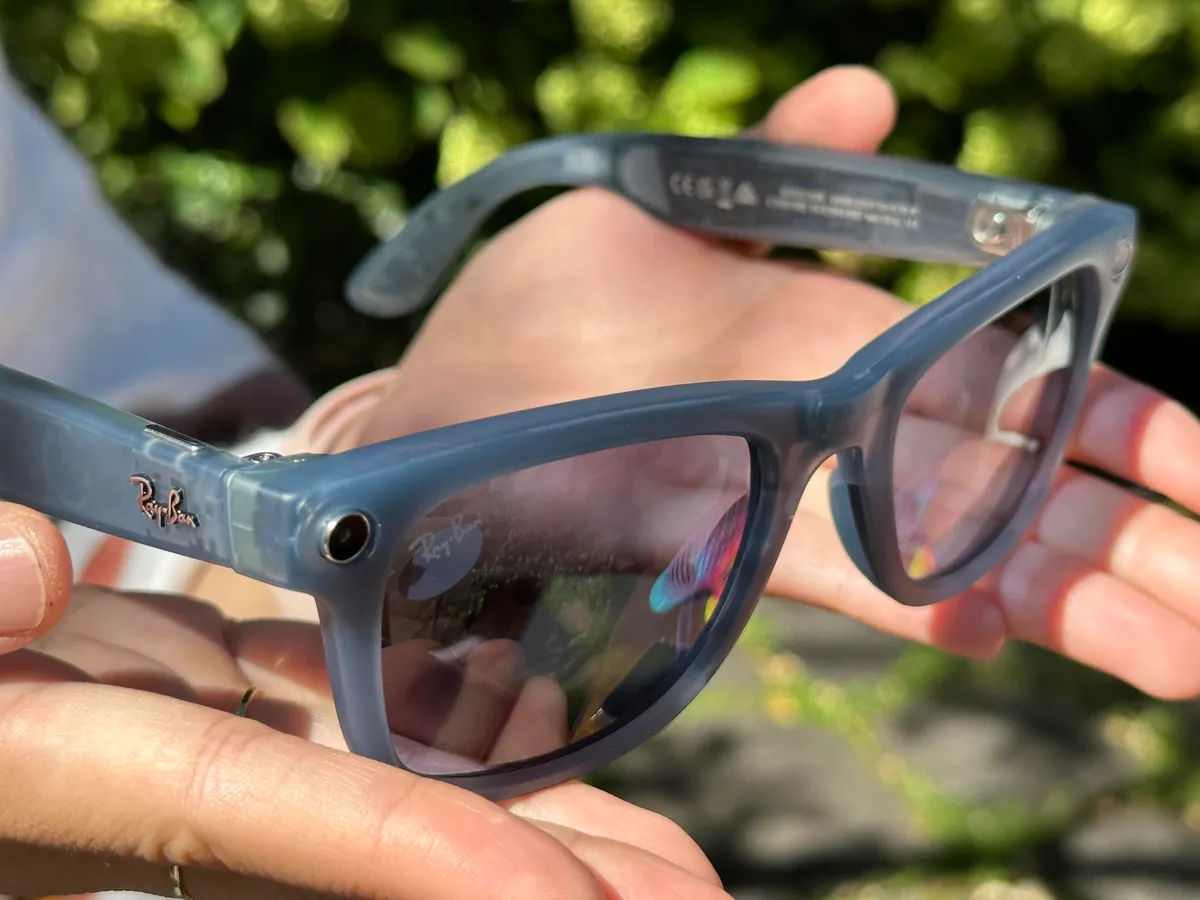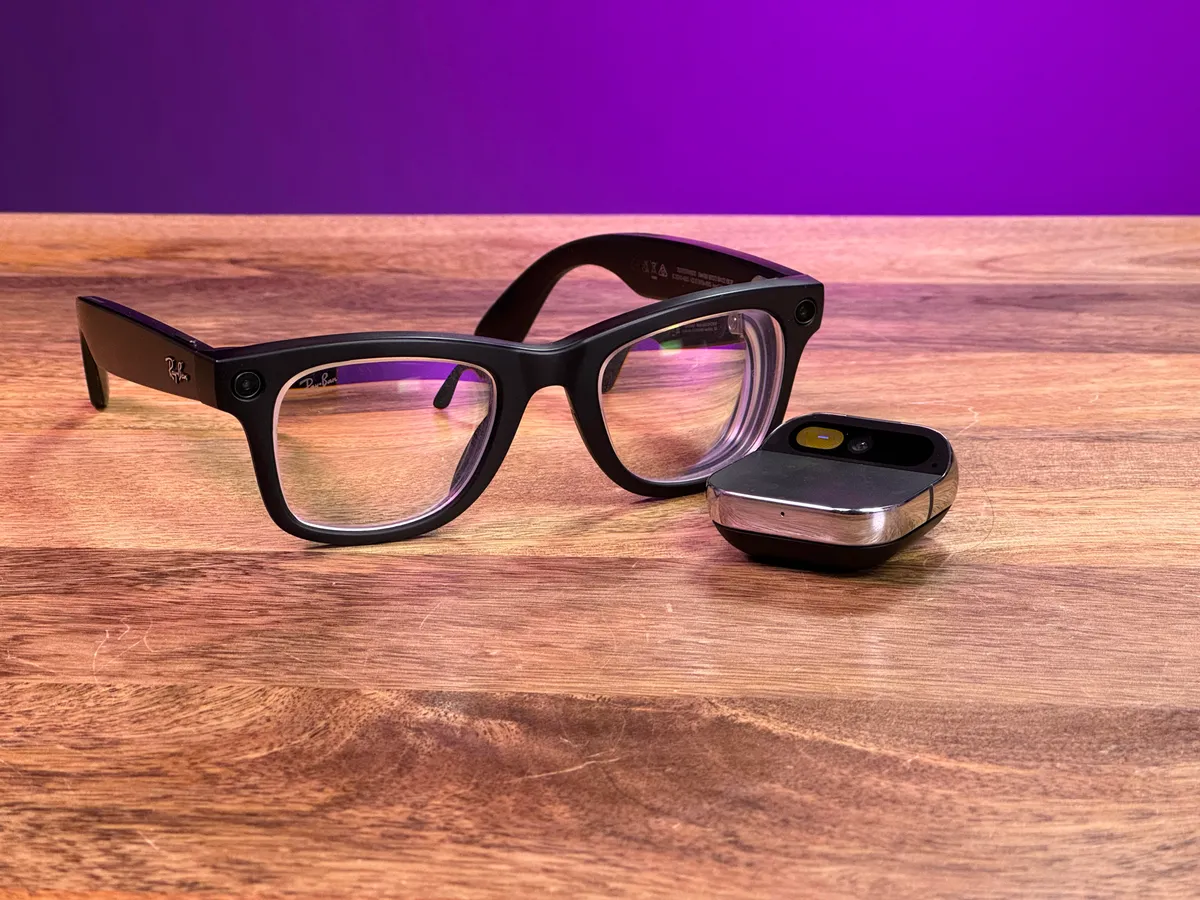In the ever-evolving landscape of wearable technology, Meta’s latest offering—the second-generation Ray-Ban Stories—has sparked a fresh wave of privacy debates. These AI-powered smart glasses, boasting a discreet front-facing camera, promise convenience by snapping photos not only on command but also in response to specific AI-triggered keywords like “look.” However, this convenience raises significant questions about the privacy of the images collected, both intentionally and passively.

Uncertainty Surrounding Image Use
Meta’s approach to handling the vast quantities of images captured by its Ray-Ban Stories has been notably ambiguous. When questioned, Anuj Kumar, a senior director at Meta focusing on AI wearables, alongside spokesperson Mimi Huggins, provided non-committal responses during a TechCrunch video interview. The company remained tight-lipped, neither confirming nor denying plans to use these images to train their AI models. This silence is reminiscent of their current practice with public social media content, which is openly used to train AI algorithms under the guise of “publicly available data.”
The ambiguity is especially concerning given the upcoming features of these smart glasses. A recent TechCrunch report highlighted a new real-time video feature that streams images directly into a multimodal AI model. This would enable the glasses to provide immediate, contextual information about one’s environment upon activation by certain keywords. This capability implies that numerous images, potentially private, are being collected and processed without explicit user awareness.

A History of Public Discomfort with Face-Mounted Cameras
The concept of a camera integrated into everyday wearables isn’t new and hasn’t always been well-received. Google Glass faced significant public backlash for similar privacy concerns, which seems to be a lesson unheeded by Meta. The potential for misuse or unauthorized data harvesting via such devices poses a significant risk, one that could repeat the controversies of the past if not addressed with transparency and stringent privacy measures. Meta has been explicit about its use of data from platforms like Instagram and Facebook for AI training. However, the data captured through personal devices like Ray-Ban Stories straddles a fine line between public and private domains. The company’s reluctance to disclose its data usage policies only fuels scepticism and concern.

The Industry’s Varied Approach to User Data
The practice of training AI on user-generated content is not uniform across the tech industry. Companies like Anthropic and OpenAI have clear policies against using customer data for AI training, emphasizing privacy and user trust. These contrasting policies highlight a potential for more privacy-focused approaches within the tech industry, which could serve as a model for Meta to consider, especially in light of their current stance.
As wearable technologies become more integrated into our daily lives, the balance between functionality and privacy becomes increasingly crucial. Meta’s Ray-Ban Stories represent a significant step forward in smart device capabilities but also underscore the need for greater transparency in how these innovations treat user data. The conversation around these devices is far from over, and tech companies must lead with clarity and integrity in their data practices to foster trust and acceptance among users.










